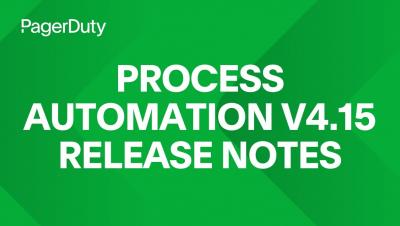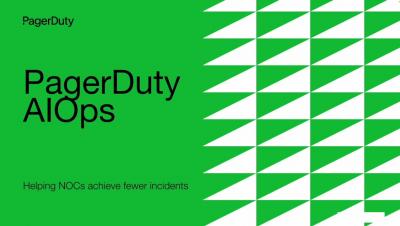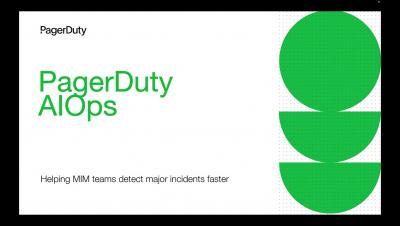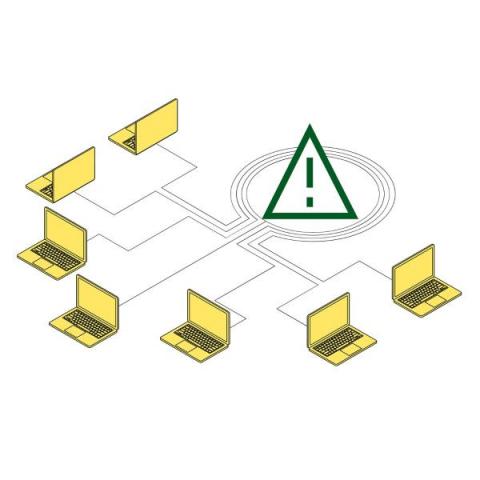Operations | Monitoring | ITSM | DevOps | Cloud
PagerDuty
Demo Roundup: PagerDuty Operations Cloud for Kubernetes
The Unplanned Show, Episode 7: Death of the Single Security Pane of Glass with Heather Hinton
How to Maximize Time Savings and Reduce Toil During Incident Response
Incidents are a costly burden on businesses. Despite assembling the right people and teams, the manual work, tool setup and prolonged tasks can negatively impact customer experience. The need for adaptable processes to address diverse incident types further complicates the situation. This is where the PagerDuty Operations Cloud steps in. It streamlines and automates all the various manual steps in the incident response process.
PagerDuty AIOps for NOCs
PagerDuty AIOps for Service Owning Teams
PagerDuty AIOps for Major Incident Management Teams
Failure Fridays at PagerDuty
What's New in Analytics
10 Years of Failure Friday at PagerDuty: Fostering Resilience, Learning and Reliability
In today’s fast-paced and ever-evolving world of technology, failure is inevitable. Organizations should embrace failure as a learning opportunity for how to build and deliver more resilient services. At PagerDuty, we’ve practiced Failure Friday for 10 years now. Failure Friday–a practice inspired by the chaos engineering space–involves intentionally injecting failures into our systems to improve reliability and foster a proactive engineering culture.











